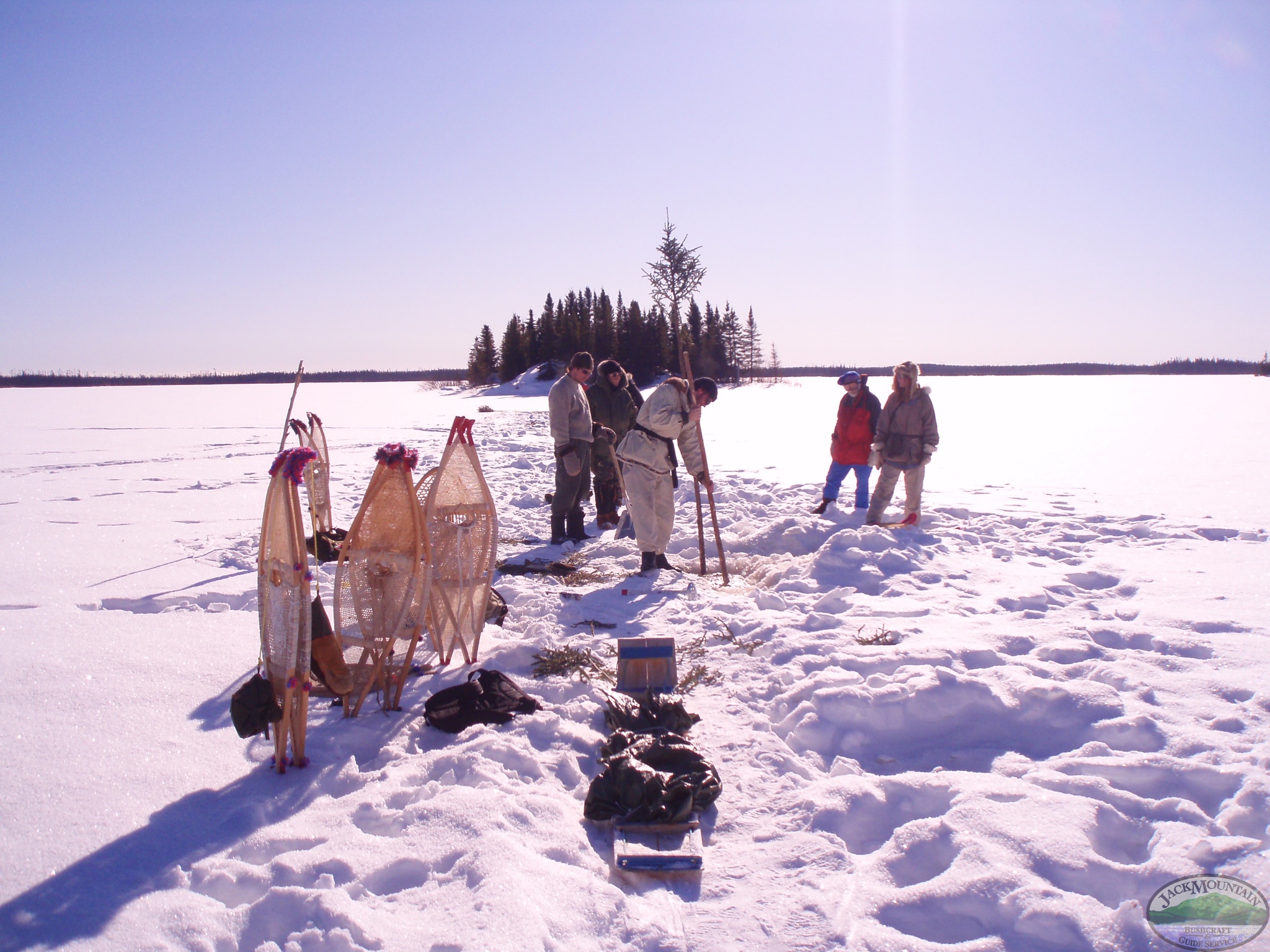Our educational philosophy summed up in a single word: Can.
Knowledge is power, but knowledge is constructed, not received. It is built incrementally, over time. If teaching were simply telling, then anyone who excelled in a field would be an effective teacher of it. But this transmission model of teaching isn’t effective for most learners. Standing in front of someone and telling them what they need to know isn’t facilitating learning. Especially when you consider the differences between visual, auditory, and kinesthetic learning styles. We subscribe to the learning model of teaching, where the role of the teacher is to create situations where learning takes place. Students build upon their knowledge daily, and by the end of the experience they’ve accumulated a storehouse of information and experiences. But the instructor must also make it relevant. It’s easy to scoff at friction fire since matches and lighters are so readily available. But remove them from the equation and it’s instantly relevant, and the desire to learn the subtleties of the hand drill takes on renewed importance. Our students are actively learning, immersing themselves in the curriculum by necessity. An example of this is how we teach shelter building. You can learn something about a shelter by making one. You can learn more about it by sleeping in it. But to truly know that specific shelter, you need to spend four consecutive nights in it. In this way you’re forced to deal with the consequences of shoddy construction or not paying attention to details. Maybe the first night is rough, but it teaches you what you need to do before the second night in order to shore it up and get some sleep. The second night is spent learning some of the subtleties that would make it more comfortable. The third night is fine-tuning it to your specifications, and the fourth night is enjoying the fruits of your labor. If you were to build the same shelter again, you could eliminate the learning curve because you’d know what to do from the outset. That’s experiential education.
“Experiential education is the process of actively engaging students in an authentic experience that will have benefits and consequences. Students make discoveries and experiment with knowledge themselves instead of hearing or reading about the experiences of others. Students also reflect on their experiences, thus developing new skills, new attitudes, and new theories or ways of thinking.” (Kraft & Sakofs, 1988)
We live in the day of the internet expert. Where people have seen tv shows about every imaginable topic, and they know the buzzwords. Nowhere is this more true than with bushcraft and survival. But as people have gotten to know the terminology better over the last 15 years, they are generally less experienced than at any time in the past. So keep in mind that having done is more valuable than knowing how. An ounce of experience is worth 100 truckloads of theory.
In addition to passing on traditional skills, we focus on using them to foster critical thinking, problem solving, creativity, curiosity, and a concern with ethical issues.
The 7 Elements Of Our Programs
Drawing on the philosophies of bushcraft we’ve developed over two decades of field courses, the traditions of Maine Guides that go back generations, the Cree concept of miyupimaatisiium (translated as “being alive well”) and the Scandinavian idea of friluftsliv (translated as “open air life”), the following seven elements comprise the components of our semester and yearlong programs.
1. Skill – Learn by doing. Too much of modern education is theoretical, abstract and sedentary, where the head is engaged but the hands are not. We depart from that norm with a tangible, hands-on approach that emphasizes being an active participant in the natural world and in life.
2. Journey – Travel through remote parts of the north woods alongside professional guides, directly experiencing what you’re learning. Live in the bush for extended lengths of time where the focus isn’t simply how-to, but living with efficiency and grace that come with extensive experience.
3. Craft – Explore the world with your hands. Build useful items from materials gathered on the landscape. Man needs tools to live. Making these necessary items from materials gathered from the landscape bonds you to the land and makes you self-reliant.
4. Nature – Learn the language of the world around you. Study the weather, edible/medicinal plants, fungi, mammals and their tracks, birds, fish, mollusks, insects, amphibians, reptiles, rocks, minerals, soil, water, ice, celestial bodies and ecology.
5. Culture – Culture is the human element, or soft skills, which make or break an expedition. Learn management and leadership skills crucial to the professional guide and outdoor leader, as well as how to instruct effectively.
6. Sustainability – Life is different with minimal infrastructure. Learn the techniques of living a simple, low-tech life with minimal inputs by living them every day. Compost everything that will rot, grow food, reuse and repurpose resources, care for the land and leave it healthier for future generations.
7. Self – Learn your specific needs and boundaries. In a world of generalizations, it’s important to know exactly what you need to function well. How much sleep do you need to function? How much water? How much of a bed do you need to make in order to sleep well? This is about intimately knowing yourself and what you need to do to keep your body alive and well. The only way to learn it is to live it.








